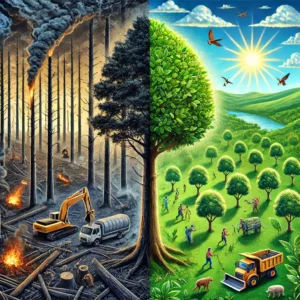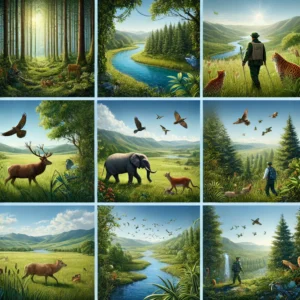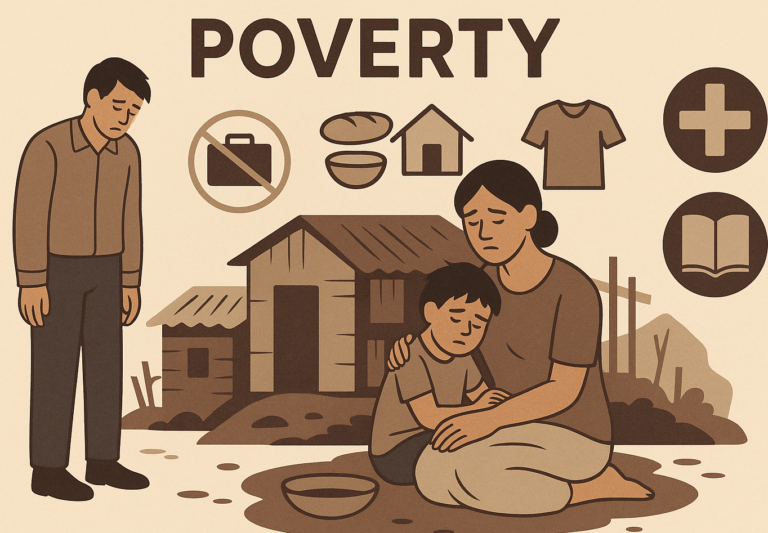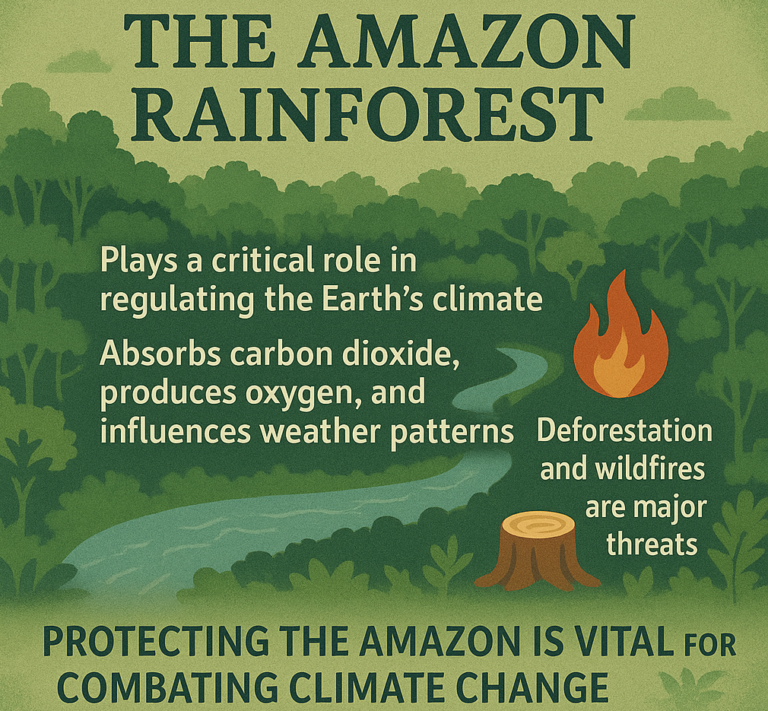An endangered species is a plant or animal that is at risk of disappearing from the Earth. There are many reasons why species become endangered, but usually, it’s because their natural environment is being destroyed, they are hunted too much, or they are facing other serious threats. When a species becomes endangered, it means that only a few of them are left, and if we don’t act to protect them, they might completely disappear forever.

There are different levels of how endangered a species can be:
- Critically Endangered: These species are in immediate danger of becoming extinct. For example, there might be fewer than 50 individuals left in the wild.
- Endangered: These species are at high risk of extinction in the near future, with only a few hundred or thousands left.
- Vulnerable: These species are likely to become endangered if they aren’t protected.
Why Do Species Become Endangered?
There are several reasons why animals and plants become endangered:
- Habitat Destruction: This is when the places where animals and plants live are destroyed. For example, cutting down forests for farming or building houses can make it hard for animals like tigers, elephants, or birds to find food or shelter.
- Poaching and Hunting: Some animals are hunted for their fur, tusks, skins, or bones. For instance, rhinos are often poached for their horns, and elephants are hunted for their ivory tusks. This makes their populations smaller.
- Climate Change: Changes in the climate can make it difficult for species to survive. For example, rising temperatures can melt ice in the Arctic, threatening species like polar bears that depend on ice for hunting and living.
- Pollution: Pollution, like plastic waste in the ocean, can harm animals and plants. For example, sea turtles may mistake plastic bags for jellyfish and eat them, which can make them sick or even kill them.
- Invasive Species: Sometimes, animals or plants that aren’t native to an area are brought in by humans, and they can harm the local wildlife. These “invasive species” may eat food or take over spaces where local species live.
Examples of Endangered Species
- Amur Leopard: A wildcat found in parts of Russia and China. There are fewer than 100 left in the wild.
- Sumatran Orangutan: A type of orangutan found on the Indonesian island of Sumatra. They are critically endangered due to habitat loss and hunting.
- Vaquita: A small species of porpoise found in the northern part of the Gulf of California. With fewer than 10 individuals left, they are on the brink of extinction due to bycatch (getting caught in fishing nets).
What is Conservation?
Conservation means protecting and caring for the natural world, including plants, animals, and their habitats. The goal of conservation is to help endangered species survive and recover, as well as to preserve ecosystems that support life on Earth.
How Do We Conserve Endangered Species?
- Protecting Habitats: One of the most important things to do is to protect the natural places where animals live. This can be done by creating protected areas like national parks or wildlife reserves where humans can’t destroy the environment. For example, large forests or coral reefs can be protected to help species thrive.
- Breeding Programs: In some cases, animals in zoos or sanctuaries are bred in controlled environments to increase their population. Once there are enough of them, they might be reintroduced into the wild. For example, the California condor was bred in captivity and released back into the wild after its population became critically low.
- Anti-Poaching Laws: Governments and organizations create strict laws to prevent illegal hunting and trading of endangered species. They may use rangers to patrol forests, or create awareness campaigns to stop poaching. For example, there are laws in Africa that protect rhinos and elephants from poaching.
- Restoring Ecosystems: Conservationists work to restore damaged environments, like planting trees in areas where forests have been cut down, or cleaning up polluted waters to help marine life.
- Education and Awareness: Teaching people about endangered species and why it’s important to protect them can make a huge difference. When people understand the problem, they are more likely to support conservation efforts.
- Sustainable Practices: Encouraging sustainable farming, fishing, and tourism practices helps reduce human impact on nature. For example, eco-friendly farming that avoids destroying forests can help protect wildlife.
Why Conservation is Important
Conservation helps in many ways:
- Biodiversity: All the different plants, animals, and microorganisms on Earth are part of an interconnected system. When one species disappears, it can affect other species and even human life. For example, bees pollinate crops, so if bees are lost, it can impact the food supply for humans.
- Ecosystem Health: Healthy ecosystems like forests, oceans, and wetlands provide services that are essential for life, like cleaning the air, filtering water, and providing food.
- Moral Responsibility: Humans have a responsibility to protect the planet and its creatures. We share Earth with other species, and it’s our duty to make sure they have a future here too.
What Can You Do to Help?
- Support Conservation Organizations: Many organizations work to protect endangered species and their habitats, like the World Wildlife Fund (WWF), Greenpeace, and the International Union for Conservation of Nature (IUCN).
- Reduce, Reuse, Recycle: By reducing waste and recycling, we can help reduce pollution that harms animals and plants.
- Be Mindful of Your Impact: Buy sustainable products, avoid products that harm endangered species (like ivory or exotic animal skins), and support eco-friendly businesses.
- Spread Awareness: Share information about endangered species and conservation with your friends and family. The more people who care, the bigger the impact.
In Conclusion:
Endangered species are plants and animals that are at risk of disappearing forever. Conservation is all about protecting these species and their habitats. By taking action, we can help save these creatures and keep our planet healthy for generations to come. Every small effort counts.











